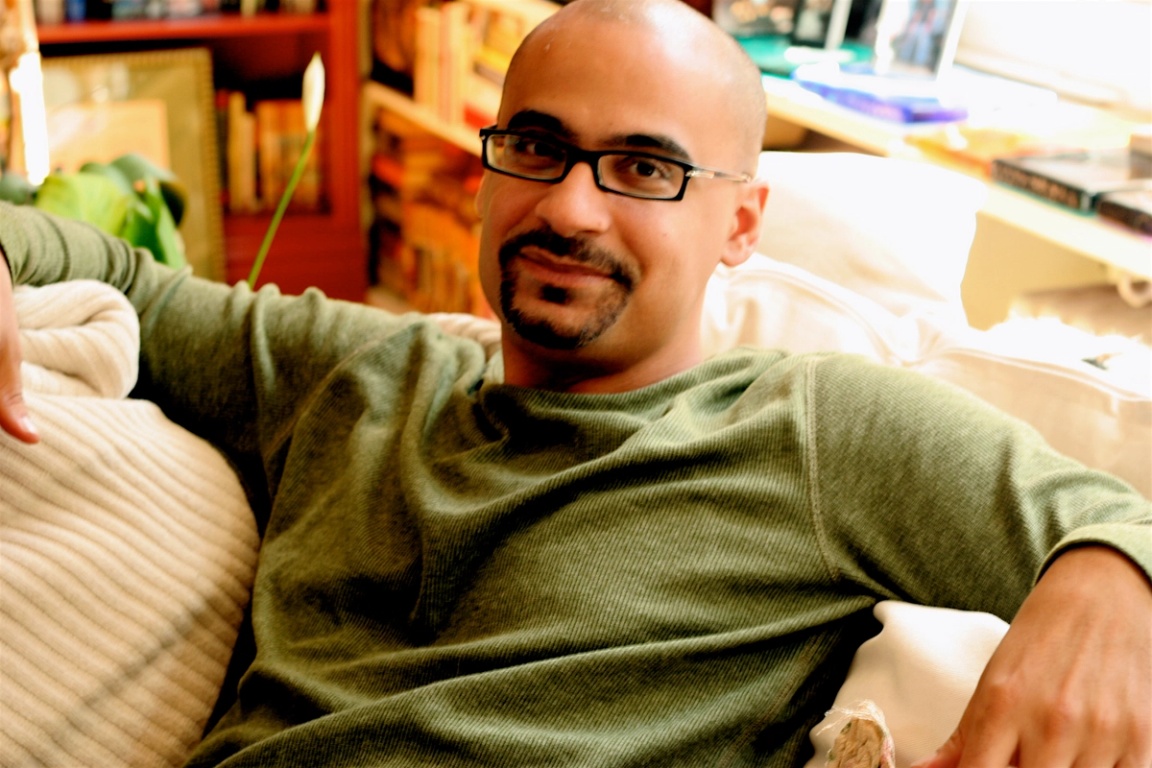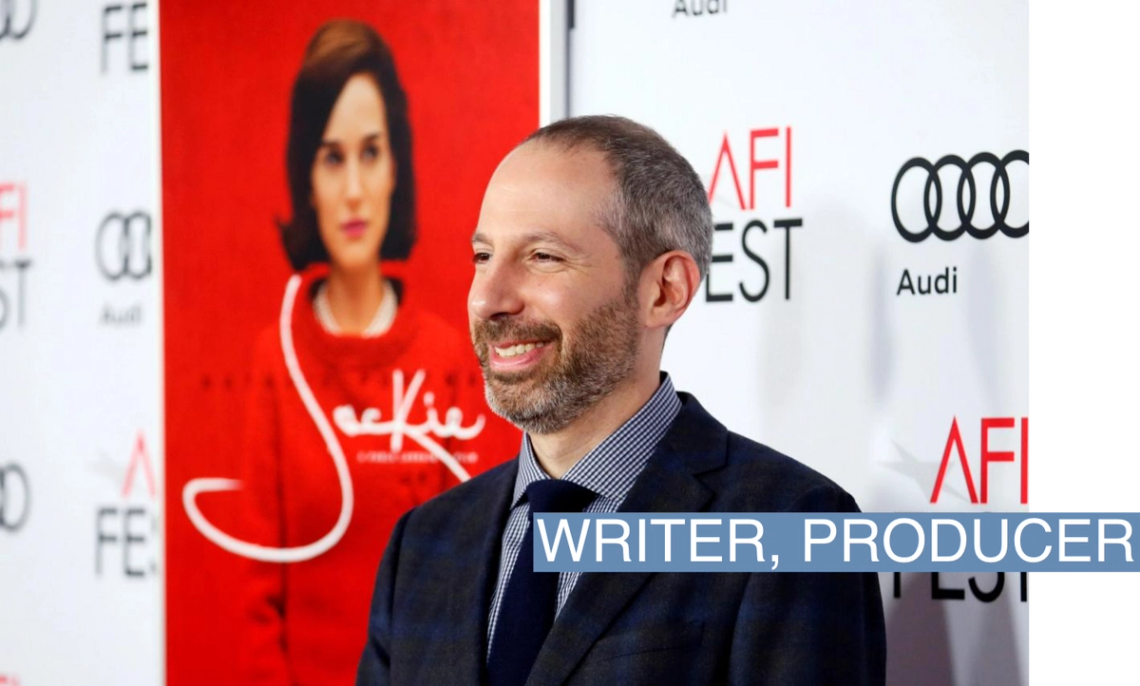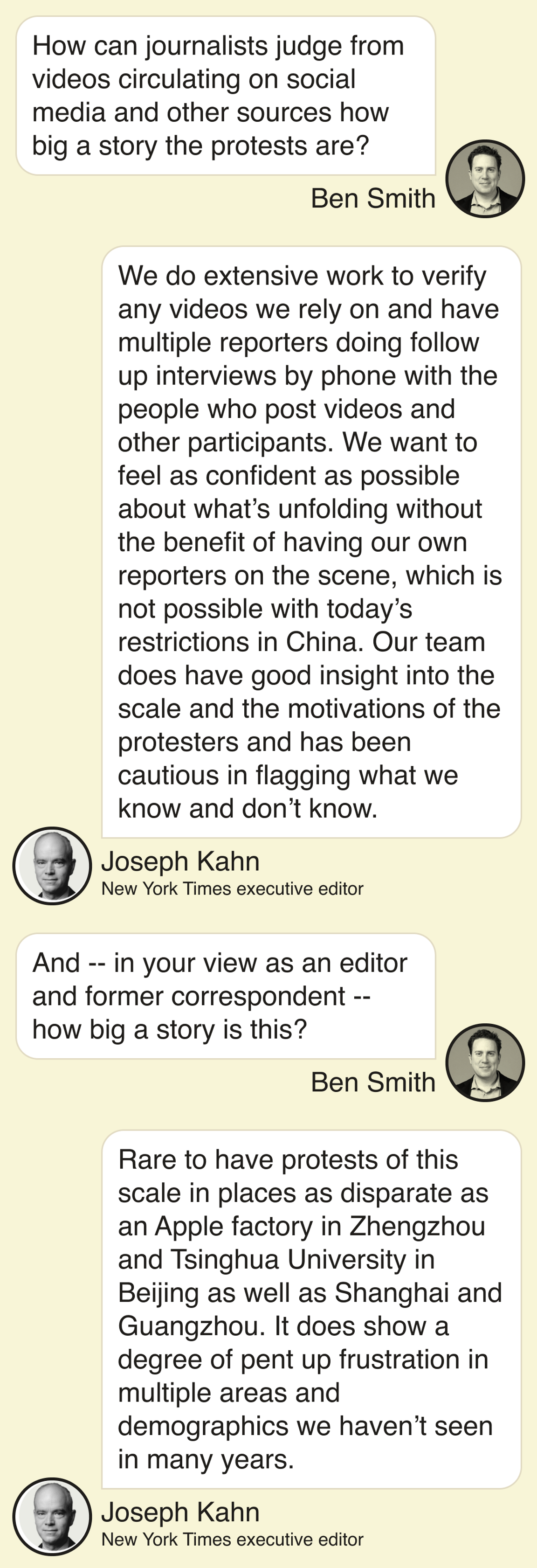 Lily Oei Lily OeiTHE NEWS It took a bit of persuading to get the writer Junot Díaz to meet me at the McNally Jackson bookstore on Spring Street in Manhattan last Saturday. Once inside, he pulled his Detroit Tigers cap low over his eyes and pretended to browse the nonfiction paperbacks table. “This is incredibly uncomfortable,” he muttered. It was the first time Díaz had set foot in a bookstore in more than four years. Díaz reached the pinnacle of literary success with the publication in 2011 of The Brief Wondrous Life of Oscar Wao. The Times wrote that the book was “so original it can only be described as Mario Vargas Llosa meets ‘Star Trek’ meets David Foster Wallace meets Kanye West.” The novel won a Pulitzer Prize, and, miraculously, skipped into classrooms and into the canon. It turned the prickly, depressive writer into a major public figure and got him a tenured position at the Massachusetts Institute of Technology. Then, in May of 2018, Zinzi Clemmons, a writer who he’d met at Columbia University when she was a graduate student, stood up at a literary festival in Sydney to make allegations she detailed later on Twitter: That he’d cornered her after a campus event to “forcibly kiss” her. The allegations came at a moment when society was reckoning with how to respond to allegations of sexual harassment. For decades, women had been dissuaded from reporting abuses by systems that protected powerful men. Publications from The Washington Post to New York Magazine ran with headlines about allegations of “sexual misconduct.” Díaz dropped out of the festival. He called the chair of the Pulitzer Prize board, the Washington Post columnist Eugene Robinson, to offer his resignation. Robinson asked him if he was guilty. Díaz said no. So the Pulitzer board, a diverse array largely of top American journalists, hired the law firm of Williams & Connolly to look into the allegations circulating on social media. They ranged from the ones that had been made public to a series of what Robinson described as “boyfriend from hell kind of stories” that mirrored the bad, unfaithful men in Díaz’s fiction. When the investigators returned a few months later, board members were surprised by the findings, four told me. It wasn’t just the investigators were unable to verify the allegations of sexual misconduct. They didn’t identify allegations that board members considered charges of sexual misconduct at all. Some of these details were clear at the time. What one high-profile accuser had described as “verbal sexual assault” took place at a dinner party whose other guests didn’t experience it that way. Another incident took place at a public event whose audio recording doesn’t sound outside the norm. Clemmons’ account of an unwelcome kiss was “ the one that stood out, the one that was an actual allegation,” Robinson said. When she spoke to investigators about her experience, she didn’t back off the allegation that she’d been mistreated, the board members said. But she added a detail, three board members told me, which the board has not made public until now. “As a result of the investigation, we learned that it was a kiss on the cheek,” one of the board members, New York University historian Steven Hahn, said in a telephone interview last week. That detail was decisive for the board, which issued a statement clearing Díaz. Robinson said he’s been surprised to find how little that mattered. “By then there was this irrational mob thing happening, especially on Twitter, that had made up its mind that he was this monster,” he said. “Given the fact that we found no reason for the board to take any action against him, therefore it seems wrong that this would have impacted him and his life and his career to the extent that it still has.” BEN’S VIEW The world has largely moved on from the Junot Díaz story. But Díaz hasn’t moved on, and his life and reputation remain in limbo. When you Google Díaz, one of the first suggestions is “Junot Díaz canceled.” Vox includes him on its stark, white-on-black index of 262 people “accused of sexual misconduct.” His story embodies some of the unresolved questions of the last decade — in particular, how writers, readers, and citizens should react to unproven allegations. “I had this fantasy, and I think it was a delusion, that everything would be looked at and everything would be sorted out very quickly, in detail,” Díaz said last week. Díaz hasn’t been cast out of public life. In fact, he has returned to writing reviews for the New York Times Book Review, as clear a symbol as any that he’s retained his status as a major writer. But the cloud remains, and there’s no real method for dispelling it. “In our absurdly polarized media ecosystem, I think there’s an enormous pressure to take sides that keeps publications from following the truth wherever it leads,” said Deborah Chasman, the editor of the Boston Review, who resisted pressure to force Díaz off her masthead after looking into the allegations in 2018. The publishing industry continues to tiptoe around Díaz. His longtime publisher, Penguin Random House, which reached an agreement with him in late April of 2018 to publish a children’s book, Brujita, under its Dial Books for Young Readers imprint, never sent a final contract, his agent Nicole Aragi said, and never published it. A spokeswoman for Penguin Random House (which is also my publisher) wouldn’t respond directly to questions about that book, but said they “remain committed to publishing any future books when he is ready.” Another fiction writer got a sense of the climate when Díaz offered to blurb his book last year. His editor replied that the blurb had “potential to do more harm than good for you and your book,” according to emails the writer read me. The editor suggested “we should sit on it and revisit should things change down the line.” Media outlets have also treated the story as a bit too hot to revisit. In 2019, The New York Times commissioned Chasman to write an essay about the affair. The Times accepted the piece but then, in September 2020, Times Magazine editor Jake Silverstein emailed Chasman to raise “late concerns.” Silverstein wrote that Times editors were worried about “a first-person essay from a participant in the episode.” A particular problem, he wrote, was that “some of the story’s subjects refuse to participate in the reporting or fact-checking process.” Silverstein told me that sources’ refusal to talk to the Times didn’t contribute to killing the piece. He and other editors were “leery of steering into a contentious case with a first-person account from a writer who was on one side of it,” he said. Chasman moved on to a new outlet, The New Republic, which also accepted the piece and was ready to run it. Then last December, the new editor, Michael Tomasky, killed the piece as well. He wrote to Chasman that he worried “that it will inevitably be taken in some quarters as ‘Tomasky’s #metoo statement.’” Chasman said she’d written the piece, which remains unpublished, “to show what it’s like to grapple with the issues as a feminist and an employer.” “The problem isn’t that they didn’t publish my piece — that’s their prerogative — but that outlets that amplified the initial allegations never fully reported on them,” she said in an email. Díaz’s own reaction to the public allegations has been to withdraw. Much of the damage to his career comes from a deep depression he says he’s sunk into since 2018. He’s not hustling for speaking gigs, or pressing his publisher to act on his children’s book. He hasn’t written a word of fiction in four years, he said. He’s staying out of bookstores. That’s what pains many of his friends. “It’s like being in prison for a crime you didn’t commit,” said Coco Fusco, an artist and professor at the Cooper Union in New York. I told Díaz that I’d seen other men, in the face of clear evidence they’d done something wrong, brazen it out. After all, Diaz had often portrayed himself and his male characters as difficult men. The narrator of his second novel, This Is How You Lose Her, is dishonest and unfaithful — “a sucio, an asshole,” in his girlfriend’s view. Now some men have latched onto a moment of cultural backlash to become icons of a new conservative politics. Díaz, who spent his career on the left, said he isn’t interested in that. “I don’t think a commitment to justice that is predicated on you receiving justice is much of a commitment,” he said. He compared himself to a rabbit in the children’s book “Watership Down,” caught in a “cultural, socio-political snare.” “The more you fight to escape it the more it chokes you,” he said. ROOM FOR DISAGREEMENT None of the women who made the initial allegations spoke to me in detail on the record. One of them, Monica Byrne, told me in a Twitter direct message last year that Díaz had in fact committed other offenses, but wouldn’t elaborate on the record. Clemmons said in an email that “society has once again taken the side of a rich and famous man and proven that the trauma of young women of color does not matter.” She added that “the backlash and slander that followed was one of the worst things that has happened to me.” A third, the writer Carmen Maria Machado, didn’t respond to an inquiry. Women who’d denounced Díaz did speak to me on the condition of anonymity, and two provided to me (as they have to other journalists) what they view as leads about Díaz, which reporters (including me) and investigators have been unable to stand up. One Díaz accuser said she believed those allegations helped persuade editors at The Times and elsewhere to spike stories. This has left Díaz facing a kind of secret evidence. Many who fervently denounced him 2018 now simply avoid the subject. Prominent writers, including the novelists Jennifer Weiner and Jeff VanderMeer, didn’t respond to inquiries about a letter they signed describing Díaz as a “known, active predator.” | 





